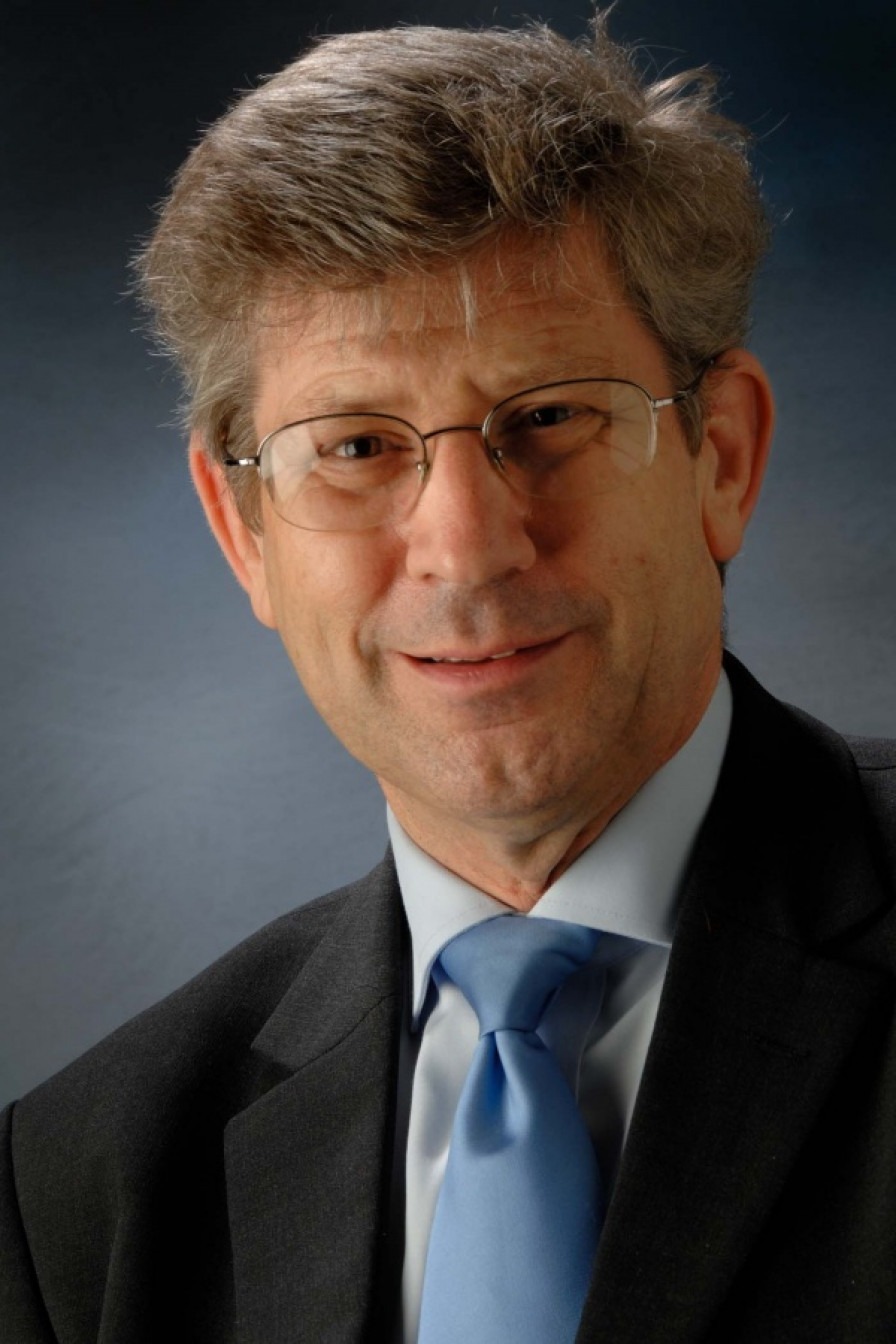Music Education for All - a phased approach

The next step towards turning a vision for music education for all into a reality took place last week with two MEC summer seminars in London and Leeds and an Inclusive Excellence conference in Bristol. Don’t worry if you missed out. The task continues and you can still get involved. If you are interested in doing so, please read on.
It does need to be acknowledged that, although we were looking to progress our aspirations with a phased approach over a period of 15 years, in reality, by the time we get to 2030 our hopes, aims and objectives will have evolved to meet the needs of all, assisted by new technologies. The personal, social, educational and musical contexts will have changed. What remains constant is the importance of music education and music’s power to impact on all our lives.
Sue Hallam was careful to remind us that the evidence from research shows us that, whilst there are some things that only music can do, many of the social benefits can accrue from collectively participating in a range of activities, which for some people will include musical ones. We should start young, have sustained programmes and, for music to have the desired outcome, in all cases the activity has to be a quality experience. If this is not the case, far from not achieving the intended outcomes, the result may even be detrimental. And of course, our definition of quality needs to take account of what is trying to be achieved.
Kathryn Deane developed this concept further with the Music Education for All wheel of understanding. This is the who, which, what, how and why of what we are doing. The joy of Kathryn’s wheel is that it doesn’t matter which order or in which direction these questions are addressed as long as they are all addressed! Who is the client group? What are the purposes? Which musics are involved? How is this experienced educationally? And why are we doing whatever it is that we are doing? If this has been thought through then music education does not have to be ‘either/or’, it can be ‘and’. Music education will be different in different contexts. Valuing a musical activity because it brings well-being and improves the quality of life for an elderly person does not detract in any way from the importance of music as part of the school curriculum; or the importance of music to the very young; or to those who have special needs or disabilities.
So first let us strive to improve the quality of all music education experiences; continue the professional dialogue to agree what ‘quality’ is in a particular context; and provide the professional support to develop our work in that area. We can do this by celebrating and sharing our practice and articulating why a particular activity is being celebrated and why it is thought to be good.
Second, we can adopt a mature, pragmatic approach to those matters that require public policy and/or finance in order for them to progress. The current government was elected on the basis of certain educational and austerity policies. We will be able to progress some aspects of music education for all within these policies. Other issues that matter to us as music educationalists will need to be chipped away at but our success criteria may need to be less ambitious. This doesn’t mean that we care less or that these may be less important. It just means that we need to be realistic.
MEC will continue to keep this work moving over the summer into the autumn prior to the next spending review. MEC members and delegates from the summer seminars will receive information directly. Others will receive it through their membership of MEC member organisations. So if you do want to be involved, make sure you are part of the communications network.
